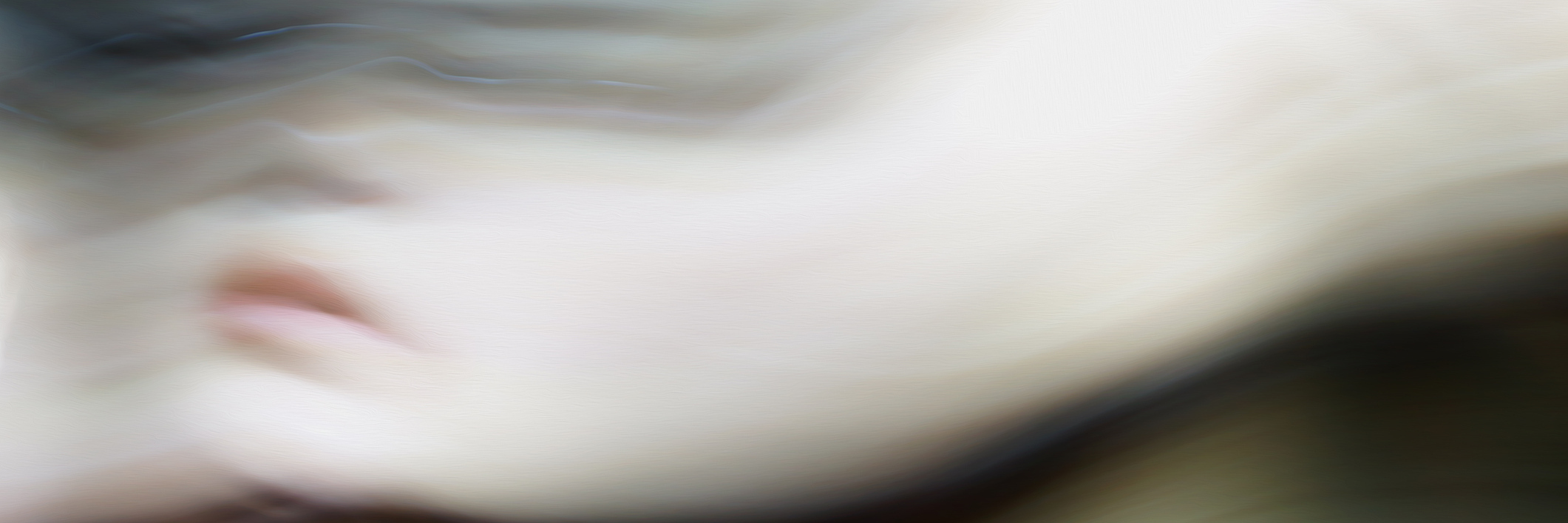When I was diagnosed with a rare disease called erythromelalgia (EM), I felt like my world as I knew it had ended… and to some degree, that is true.
The condition causes painful, reddened skin that burns like a blazing fire – particularly in the hands and feet in my case. It’s brought on by anything from spicy foods, heat, alcohol, friction, walking, exercise, and the list goes on.
One of the worst things about being a minority is the time spent “floating in the abyss” trying to get an accurate diagnosis. Most doctors have never seen or heard of EM. I felt so overwhelmed, trotting around from doctor-to-doctor. I was either brushed off or made to feel like a hypochondriac as I continued searching for the answers I so desperately needed. Telling my doctor, “It feels like I’m burning alive,” doesn’t exactly give him much to go on. But I had documented my pain with photos and explained that it happened mostly when I was walking or overheated. Most of the doctors I saw assumed I had a more well-known condition like lupus or Lyme disease. Regardless, when all my blood work came back normal I received the same “you’re ridiculous” stare from my doctor. I felt incredibly lonely and afraid.
Out of desperation I started researching on the internet for days when I finally came across an EM blog. I knew immediately that was “me.” Thank gosh for that one stranger who decided to share her story. She’ll never know the impact she had on my life.
A neurologist later confirmed my fear. He had seen one other EM case 30 years prior to mine.
Unfortunately, a large number of rare diseases don’t even have diagnostic criteria. Many will be incorrectly diagnosed with Raynaud’s, cellulitis, fungal infections or rosacea to name a few. Imagine all of those depressing years filled with fiery pain, not knowing what’s causing it. I joined an online EM support group and I’m incredibly thankful for their support. We’ve gotten each other through some very rough times.
Unfortunately, that’s also when I discovered how neglected many EM patients are. Many can’t find a doctor to diagnose them. Meanwhile, others are stuck playing “doctor” because their physicians aren’t sure what medicines to try next after the first few fail to provide any relief. Some people can’t find a doctor who is even willing to treat their diagnosed condition at all. I’ve had a few doctors pull up Google as I sat there with them. While I understand doctors can’t wave a magic wand and understand every disease in the world, it still depresses me to feel so isolated in this disease.
Only five percent of all rare diseases have a single therapy approved by the Food and Drug Administration (FDA). There is no one medication used to treat EM and everyone responds differently to various medications.
Consider this: Even if the biology of any rare disease is ever understood there are few motivations for the pharmaceutical companies to want to get involved. Why devote time, resources, and finances to a drug for a rare disease affecting so few people, when cancer affects way more of the world’s population? According to the National Cancer Institute (NIH), the number of new cases of cancer is 454.8 per 100,000 people per year. EM affects one in 100,000.
It feels like the world doesn’t care most of the time.
An EM awareness video circulated around Facebook for a year attracting approximately 8,000 views, yet a video showing a fluffy dog fetching a ball attracted nearly three million views in less than a year. Does this make sense to anyone? What if it was your parent, child, or friend who had been diagnosed with a rare disease? Even makeup tutorials get millions more views and shares. I think that people would rather share “feel-good” videos and honestly, I get it. No one wants to bring other people down. But the truth is many individuals in the world are struggling with no answers.
If everyone were mindful of when they saw a video clip or blog about any rare disease, it would not only promote awareness for those struggling, but it would also help doctors recognize the symptoms sooner. Patients with rare diseases can’t begin treatment until they have an official diagnosis. Let’s help our rare disease community by showing support when we see a post, blog, or video on social media by sharing it. It’s free and it only takes a few seconds to help make a possible difference in another human being’s life.
We want to hear your story. Become a Mighty contributor here.
Thinkstock Image By: La_Corivo

